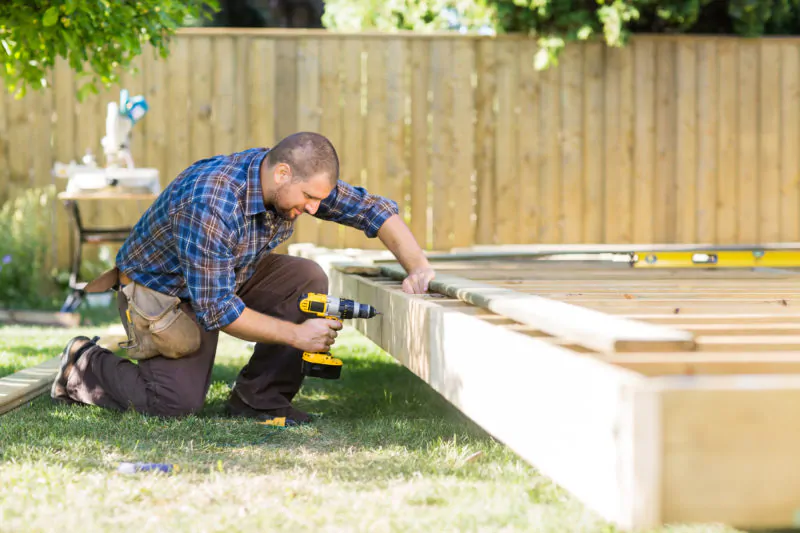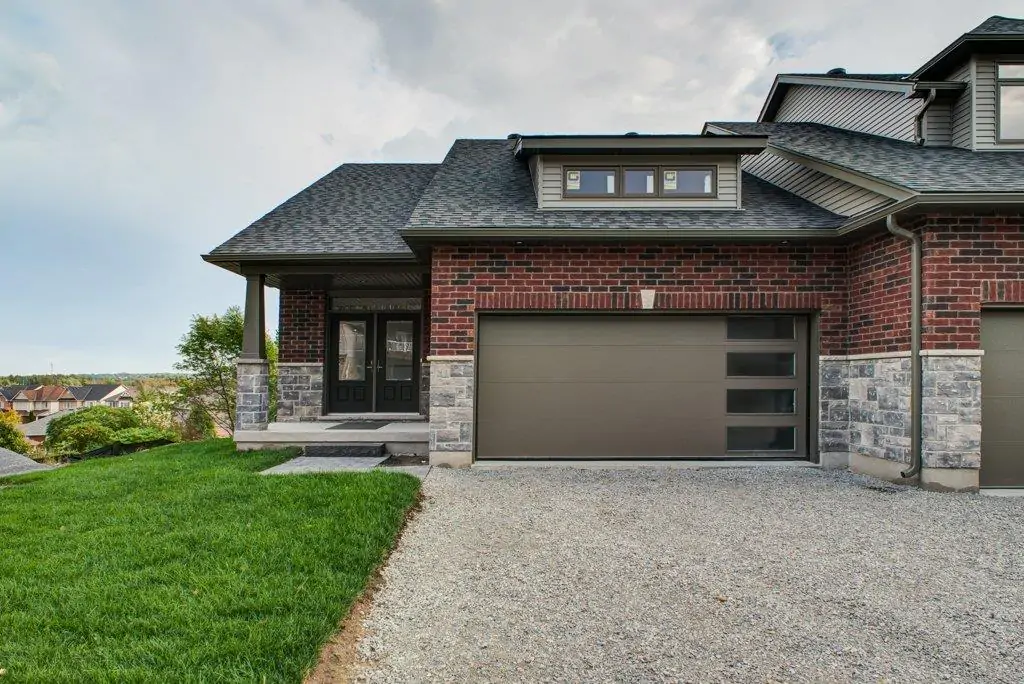Stay on Your Landlord’s Good Side with These Simple Tips

We’ve all heard stories about terrible, negligent landlords, and many of us have had the misfortune of having to deal with them ourselves. There are few things worse than an uncomfortable or volatile landlord situation. But most landlords aren’t so bad, especially if you consider their position. Your landlord most likely owes money on the property you’re renting. They aren’t necessarily reaping generous profits, even if that’s their eventual goal. Running a rental property can be tough, just like renting a home can be, so it’s important to empathize with your landlord.
To make it easier for both you and your landlord, and to maintain an environment of respect and understanding, it’s important to maintain standards for yourself and how you interact with your landlord, including how you interact with your landlord’s property manager. Most renters, especially those who live in apartments or other multifamily housing, don’t usually get to meet the owner, but rather deal directly with their property manager.
It’s really no different; property managers report directly to their clients, so your landlord’s property manager is essentially their proxy. You should always deal with property managers as if you’re dealing with the property owner themself. One thing that is different, though, is that property managers tend to be more business-focused. They have an obligation first and foremost to their clients, not to you. A property manager won’t be so forgiving where a landlord might be, but they will be more responsive to your needs. “A property manager will maintain a professional relationship with the tenant. However, even though we represent the property owner, we also have a business interest in keeping a tenant happy to keep our properties filled,” shares Utopia’s Pete Evering.
Follow these simple guidelines if you want to stay in your landlord’s (and your property manager’s) good graces.
- Pay Your Rent on Time
Look, we know this sounds obvious, but it’s actually not. Most lease contracts stipulate that payments should be made on the first of every month. In practice, many tenants don’t pay right away, but take their time, because most landlords and property managers won’t incur a late fee right away. Some will wait up to a week, giving tenants a grace period of sorts.
It can be tempting to delay your rent payment, especially if you’re living paycheck to paycheck, but if you can afford to pay on the due date, do it. Your one week window is not actually a grace period, unless it’s explicitly called that in your lease. If you want to use your landlord as a reference when you’re seeking out a new apartment, good luck; they may very well consider you chronically tardy, even if you never incurred late fees.
- Read the Lease Contract
When you’re looking for housing, it can seem like a mad dash to the finish line. Often times, you’re competing with other would-be tenants in a tight rental market, where everyone’s idea of “the right place” is more or less the same. That’s why tenants sign leases without even skimming over the paperwork, and that can become a cause for difficulties later on. Read your lease carefully, and if you have any questions, don’t hesitate to ask for clarification. If you don’t, you might find yourself bound to a housing situation that isn’t entirely comfortable or accommodating to you.
- Get Permission for Anything and Everything
Your apartment or rental house might seem like it could really benefit from some simple alterations, like a fresh coat of paint, a new window screen, or a new showerhead. You might have your own appliances that you wouldn’t mind bringing in, like a refrigerator, for example. Maybe an animal would liven the place up a little bit. Or maybe you just want to take the bedroom door off its hinges to make the space feel a little more open.
No matter what it is, anything that affects the state or condition of your rental should be first cleared with your landlord. Even simple things like fixing blocked drains that don’t result in any permanent changes should be done only with their approval, let alone paint or anything else that might be grounds for the retention of your security deposit.
- Make All Communication in Writing
This is a big one: any time you communicate with your landlord or property manager, make sure you put it in writing. Even if you’re planning on making a phone call, which you should if you want an immediate response, always have a backup in writing. Email is ideal due to its ease of access; an email can be seen by both parties and stored indefinitely, in case you ever need to show proof of your communication for any reason.
For emergencies, you don’t necessarily have to make written communication. By all means, don’t sit and draft an email while your toilet is exploding. But if you have any non-pressing concerns or requests, send an email.
- Take Care of Your Rental
Your rental might not belong to you, but once you sign that lease, you are partially responsible for its upkeep as per your landlord’s checklist. You might not have to replace the broken doorknob or fix the dishwasher yourself, but it’s entirely your responsibility to keep the place clean and livable.
Pick up after any pets you have, don’t let dishes pile up in the sink, don’t let your bathroom become a murky den of bacterial growth, and don’t leave dirty laundry in random piles in your home. Keep your place neat, organized, and reasonably tidy. Even if the lease makes no mention of it, your landlord’s opinion of you will certainly be affected if they see their property in a state of abuse upon entering in order to make some repairs or take care of any other official business.
Finally, and perhaps most importantly, always be kind and considerate in your communication with your landlord or property manager, even if they’re frustrating you. It’s always good to treat others how you would prefer to be treated yourself, and if you are polite to your landlord, you’ll find they are polite and responsive in return.





